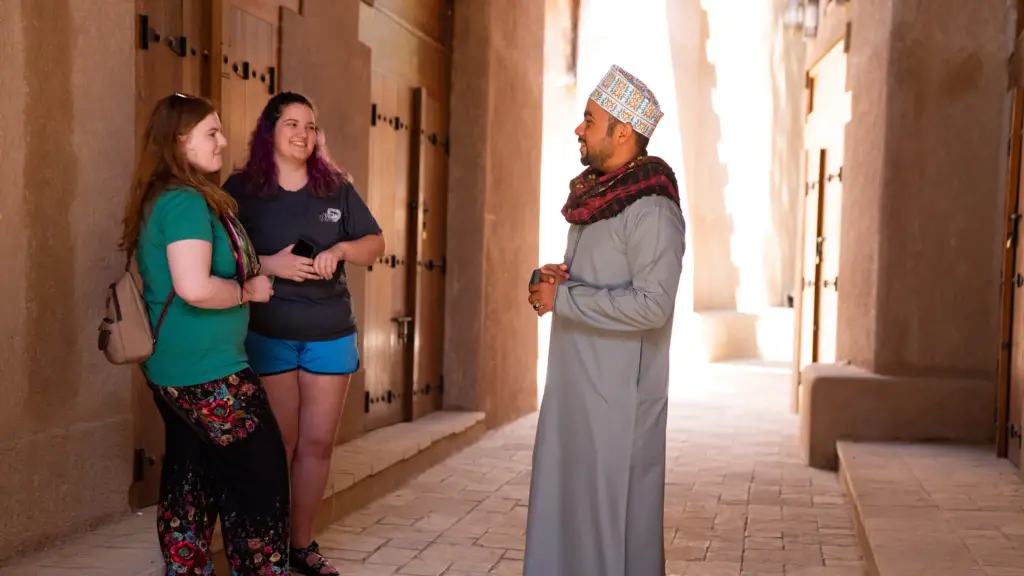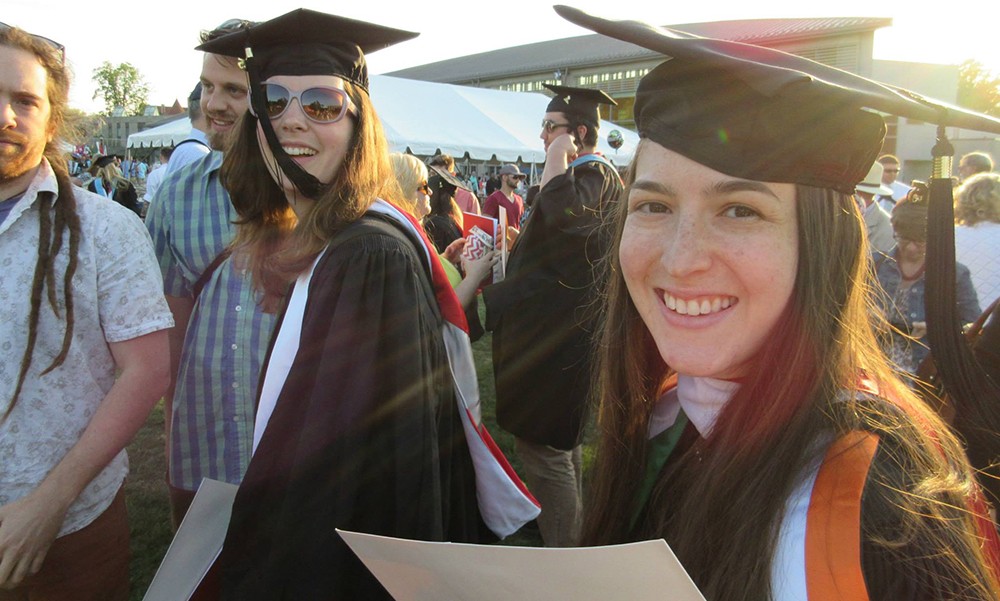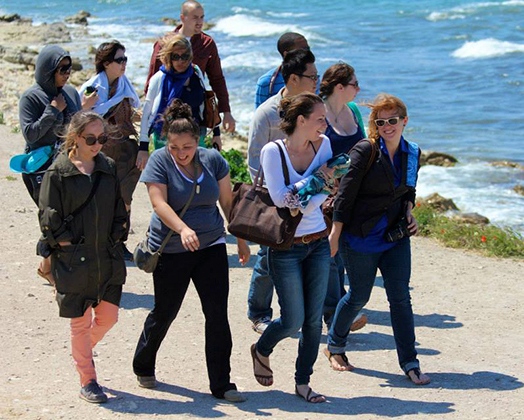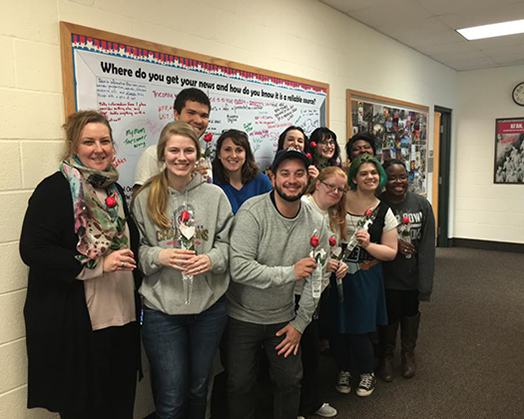Overview
- Degree Level
- Undergraduate
- Degrees Offered
- Concentration
- Department
- Historical and Political Studies
- school/college
- College of Arts and Sciences

Arcadia’s Master’s program in International Peace and Conflict Resolution educates and trains students to be advocates, activists, and social entrepreneurs who develop innovative approaches to global and local peace building from the ground-up. Preparing especially for careers in the non-profit/NGO sector as well as other public, private, and academic fields, IPCR students engage in project-based learning, global fieldwork, and internships. They work with an interdisciplinary group of faculty scholars to understand the social, political, historical, and economic contexts in which peace and conflict are produced, and they learn practical, operational skills including program planning, program evaluation, mediation, and conflict assessment.
Students in the graduate program in International Peace and Conflict Resolution pursue a Master’s degree that consists of four terms of intensive academic training at our Glenside campus including an internship and capstone project.



Students prepare students to be advocates, activists, and social entrepreneurs who develop innovative approaches to global and local peace building from the ground-up.
In addition to the Master of Arts degree, Arcadia offers dual degree options:
A pre-IPCR pathway is available to undergraduate students:
